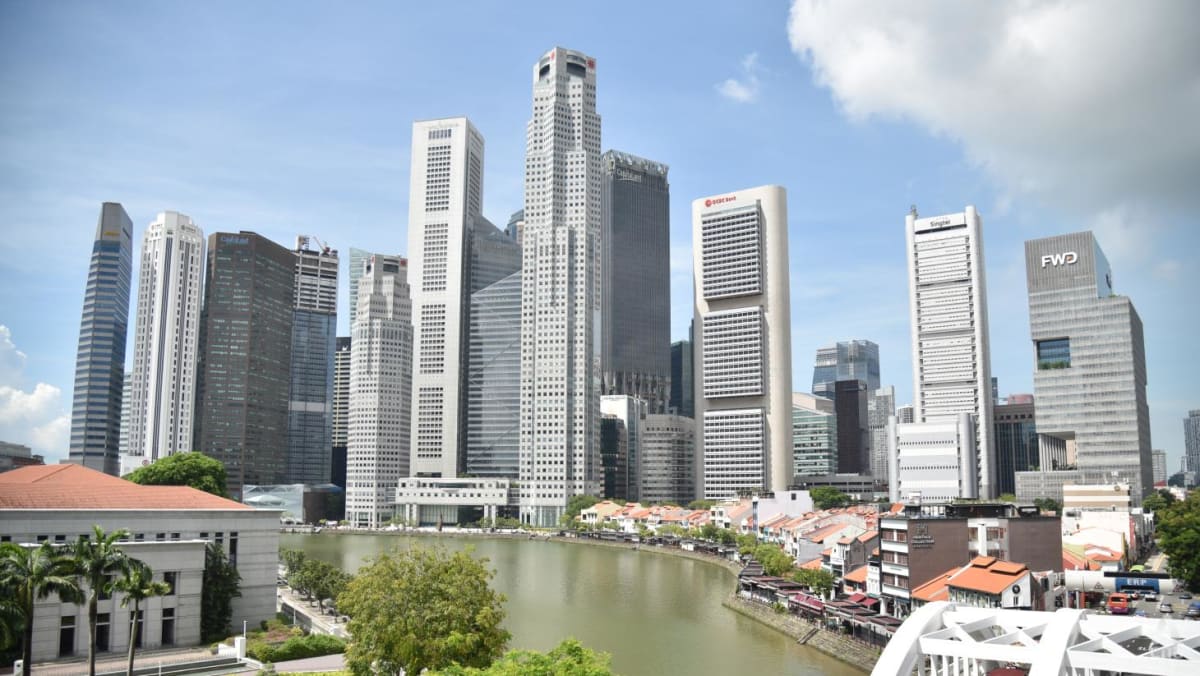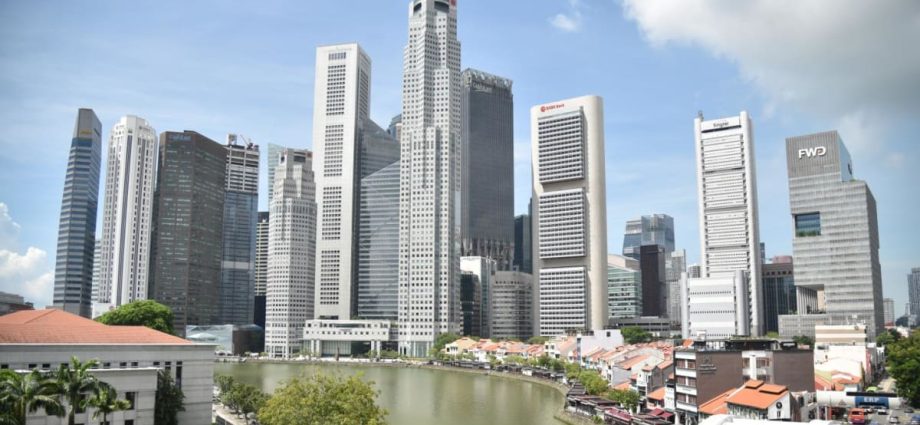
SINGAPORE: Singapore’s core inflation continued to trend downwards in August, falling to 3.4 per cent year-on-year to reach its lowest in more than a year.
The decline from 3.8 per cent in July was due to lower inflation for services, food, as well as retail and other goods, the Ministry of Trade and Industry (MTI) and the Monetary Authority of Singapore (MAS) said on Monday (Sep 25).
The last time core inflation was lower than 3.4 per cent was in April 2022, when it was 3.3 per cent.
Core inflation had risen to 5.5 per cent in January and February this year, a 14-year high, before easing in the following months.
Core inflation excludes accommodation and private transport costs.
Overall inflation inched lower to 4 per cent on a year-on-year basis in August, down from 4.1 per cent in the preceding month.
“This was due to declines in core and accommodation inflation, which more than offset an increase in private transport inflation,” MTI and MAS said.
SECTORS
Food inflation declined to 4.8 per cent in August as the prices of prepared meals and non-cooked food rose more slowly.
Electricity and gas costs continued to fall, though at a slower pace of -1.4 per cent.
Retail and other goods inflation dipped to 2 per cent on the back of smaller price increases for household durables and a fall in the prices of clothing and footwear.
Services inflation was lower at 3.1 per cent due to smaller increases in holiday expenses, telecommunication services costs, and recreational and cultural services costs, as well as a larger decline in airfares.
Accommodation inflation in August eased from 4.6 per cent to 4.4 per cent year-on-year as the pace of increase in housing rents slowed.
Private transport inflation surged from 4.8 per cent to 6.3 per cent, however, as car prices saw a steeper increase while petrol prices declined by a smaller amount.
OUTLOOK
Core inflation is expected to moderate further over the next few months as imported costs stay low compared to year-ago levels and the current tightness in the domestic labour market eases, said MTI and MAS.
For 2023 as a whole, headline inflation is expected to average 4.5 per cent to 5.5 per cent, while core inflation is expected to average 3.5 per cent to 4.5 per cent.
Excluding the transitory effects of the one percentage point increase in the Goods and Services Tax, headline and core inflation are expected to come in at 3.5 per cent to 4.5 per cent, and 2.5 per cent to 3.5 per cent respectively.
Global supply chain frictions have largely eased, and food commodity prices remain below levels from a year ago.
Consumer price inflation in Singapore’s major trading partners has also been easing.
As a result, despite the increases in oil prices seen since July, the prices of Singapore’s imported goods have continued to decline in year-on-year terms.
Domestically, unit labour costs are expected to rise further in the near term, although at a slower pace. Businesses are likely to continue passing on higher labour costs to consumer prices, but at a more gradual rate amid the slowdown in domestic economic activity.
Amid sustained strong demand for cars, private transport inflation is expected to pick up in the near term.
Accommodation inflation should continue to moderate over the course of the year, however, due to the increase in the supply of homes available for rent.
“Upside risks remain, including from fresh shocks to global energy and food commodity prices and more-persistent-than-expected tightness in the domestic labour market,” MTI and MAS said.
“At the same time, there are also downside risks such as a sharper-than-projected slowdown in the global economy which could induce a greater easing of inflationary pressures.”

